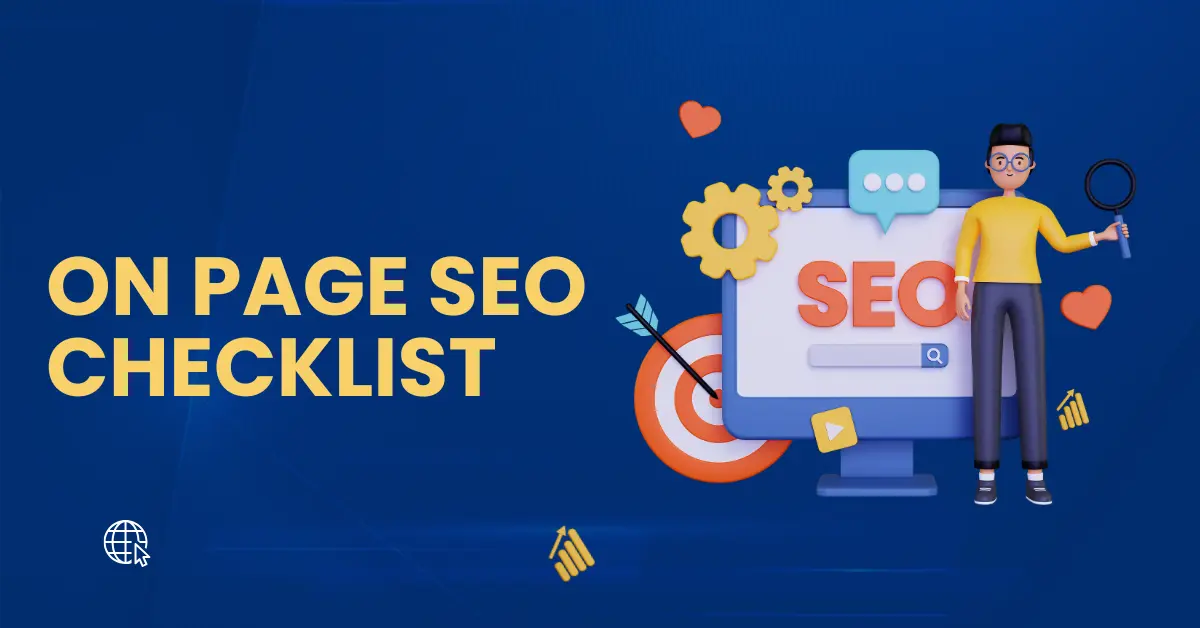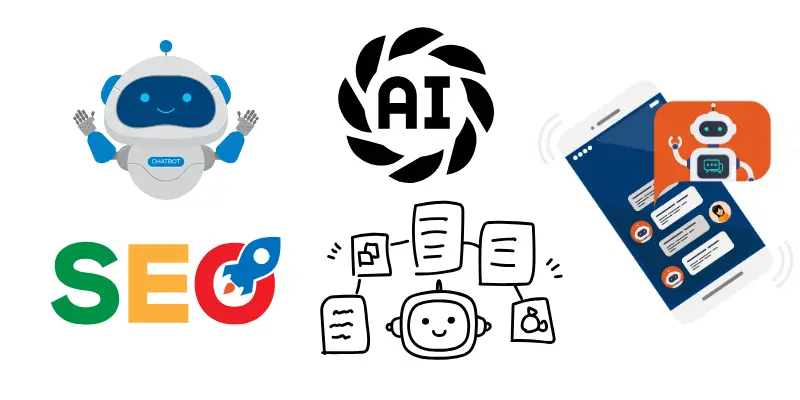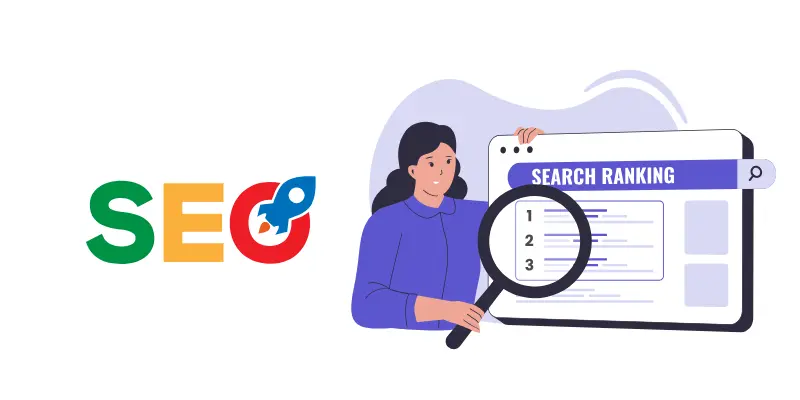What Is Off-Page SEO? A Complete Overview (2025)
Published: 20 Jun 2025
If you’re serious about getting to the top of Google, off-page SEO is a concept you can’t afford to ignore.
While on-page SEO focuses on optimizing elements within your website, off-page SEO is about building your authority, trust, and reputation across the web. It tells search engines, “Other people trust this site.”
In 2025, off-page SEO is more than just backlinks — it’s about brand mentions, user signals, social credibility, and digital PR.
This guide breaks down:
- What off-page SEO is
- Why it matters more than ever
- All the top off-page techniques that work in 2025
- How to build trust and authority the right way
Let’s dive into the fundamentals first.
Table of Contents
What Is Off-Page SEO?
Off-page SEO refers to all optimization activities done outside of your website to improve its visibility and rankings in search engine results pages (SERPs).
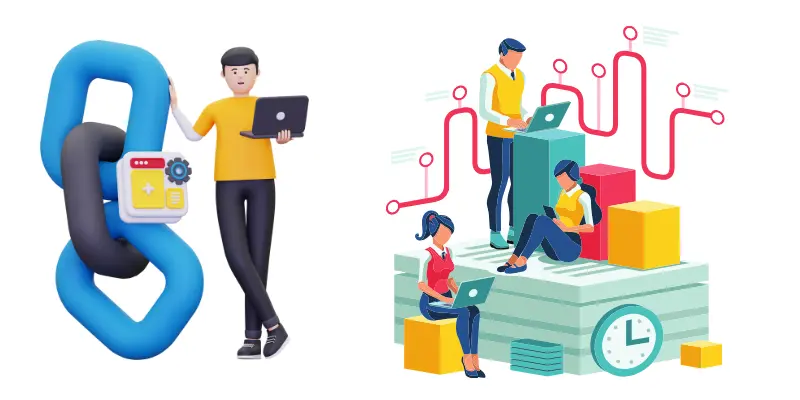
It primarily signals to Google and other search engines:
- How authoritative your site is
- How trustworthy your content appears to others
- How popular or valuable your site is to users
At the heart of off-page SEO lies backlinks — but modern SEO also values:
- Brand mentions
- Social shares
- Positive user reviews
- Citations on reputable platforms
- Collaborations with niche influencers
🧠 Simple Analogy:
Think of your website as a person. On-page SEO is like what they say about themselves. Off-page SEO is what others say about them — and that’s what Google listens to.
Why Off-Page SEO Still Matters in 2025
While Google’s algorithm has evolved to favor content quality and user intent, external validation remains a core ranking factor. Here’s why off-page SEO continues to matter:

1. Establishes Authority and Trust (E-E-A-T)
Off-page signals help search engines evaluate:
- Expertise – Do others in the industry link to you?
- Experience – Do users engage with your brand across platforms?
- Authority – Are you cited in trustworthy sources?
- Trustworthiness – Are there bad links or negative reviews?
2. Backlinks Are Still a Top Ranking Factor
According to multiple SEO studies, backlinks remain a key driver of top-ranking pages — but quality matters far more than quantity.
3. Improves Discoverability and Referral Traffic
Guest posts, podcast interviews, and PR can drive targeted traffic from niche audiences while also improving SEO.
4. Drives Brand Visibility and Mentions
Google tracks unlinked brand mentions as trust signals. The more your brand is cited in relevant places, the more authority your domain builds.
Common Off-Page SEO Misconceptions
Let’s quickly clear up what off-page SEO is not:
- ❌ It’s not just spammy link building
- ❌ It’s not only about how many domains link to you
- ❌ It doesn’t happen overnight
Instead, it’s about building real relationships and value outside your own domain.
Learn how to do a technical audit of a website.
Top Off-Page SEO Techniques You Should Use in 2025
Now that you know what off-page SEO is and why it matters, let’s explore the most effective strategies to boost your website’s authority, visibility, and rankings in 2025.
We’ll start with the core: backlinks, then move into social signals, digital PR, and brand visibility.
🔗 1. Build High-Quality Backlinks (Still King)
Backlinks — links from other websites pointing to yours — remain one of Google’s top 3 ranking signals.
But in 2025, quality matters more than quantity. One link from a high-authority, relevant site is better than 100 spammy ones.
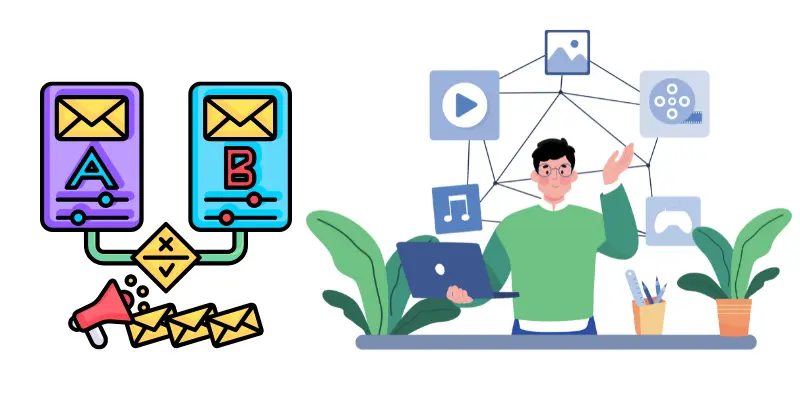
How to Get High-Quality Backlinks:
- Guest posting on reputable blogs
- Blogger or journalist outreach (e.g., HARO)
- Creating linkable assets (statistics, infographics, tools)
- Broken link building – finding dead links and offering yours as a replacement
- Skyscraper technique – improving existing content and asking for a link swap
📌 Tip: Avoid paid backlinks or link schemes — Google’s getting better at detecting and penalizing them.
📢 2. Brand Mentions (Linked & Unlinked)
Google is now capable of recognizing brand mentions even without clickable links. This is a subtle but powerful off-page signal, especially for building topical authority.
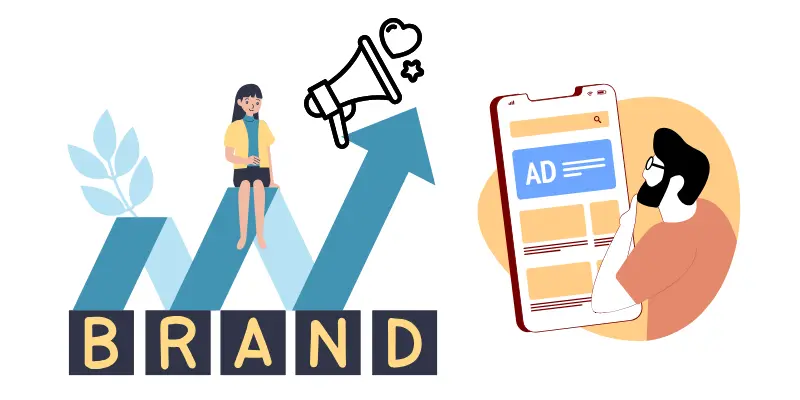
How to Get Brand Mentions:
- Get featured on podcasts or interviews
- Submit quotes or insights to roundup articles
- Post consistently on LinkedIn or industry forums
- Use platforms like HARO, Terkel, or SourceBottle
- Build niche authority through content collaborations
👀 Pro Tip: Use tools like Google Alerts or BrandMentions to track your brand name across the web.
👥 3. Leverage Social Media for SEO Visibility
Social signals aren’t direct ranking factors, but content that performs well on platforms like LinkedIn, Twitter, YouTube, and Reddit often earns natural backlinks and engagement.

Social Off-Page Boosters:
- Share your content where your niche hangs out
- Repurpose blogs into carousels, tweets, shorts, or threads
- Collaborate with micro-influencers or content creators
- Encourage readers to share your posts
- Optimize Open Graph & Twitter Card meta tags for better visibility
4. Digital PR and Content Marketing Campaigns
Digital PR is the modern way of building high-value editorial links. These links come from online magazines, media outlets, news sites, and niche authorities — and can skyrocket your SEO trust signals.
Tactics:
- Pitch expert insights or original research
- Create link-worthy visual assets (like data reports or infographics)
- Publish niche case studies or industry trend reports
- Partner with journalists and editors via PR platforms
✅ A single link from Forbes, HubSpot, or Search Engine Journal can make a huge difference in your domain’s perceived authority.
🧭 5. Directory Submissions & Local Citations (If Applicable)
If you’re a local business, citations in industry directories and Google Business Profile listings are critical for visibility.
Even for non-local businesses, citations from high-authority niche directories still help build trust.
Examples:
- Google Business Profile
- Yelp, Bing Places, Yellow Pages
- Industry-specific directories (e.g., Clutch for B2B, Dribbble for creatives)
6. Forums, Q&A Sites, and Niche Communities
Participating in relevant online communities can establish authority and attract natural traffic. This is especially effective in niches like marketing, SaaS, tech, health, or finance.
Platforms to Consider:
- Reddit (in niche subreddits)
- Quora (answering questions with value)
- Indie Hackers, Stack Overflow, or niche Discord servers
- SEO forums like BlackHatWorld or Warrior Forum (with care)
⚠️ Don’t spam links. Add value first. When you do drop a link, make sure it’s contextual and relevant.
In the final section, we’ll cover common mistakes, how to measure off-page SEO impact, and a checklist to help you stay on track in 2025.
You May Also Like:
Beginner’s Guide to SEO: How to Rank on Google in 2025
On-Page SEO Checklist for 2025: 15 Steps to Optimize Your Pages for Google
What Is Off-Page SEO? A Complete Overview (2025)
What Is Technical SEO? A Complete Guide for 2025
How to Perform a Technical SEO Audit in 2025 (Step-by-Step Guide)
Common Off-Page SEO Mistakes to Avoid
Even a few missteps can harm your SEO authority. Here are the most frequent off-page blunders to steer clear of in 2025:
1. Chasing Low-Quality Backlinks
- Avoid links from link farms, spammy blog networks, or irrelevant sites
- Don’t buy links from Fiverr or other marketplaces promising “500 backlinks for $10”
2. Ignoring Anchor Text Diversity
- Overusing exact-match anchors can lead to Google penalties
- Use a mix of branded, partial-match, and natural anchor texts
3. Building Too Many Links Too Fast
- A sudden spike in backlinks can trigger suspicion in Google’s algorithm
- Focus on steady, organic growth
4. Relying Only on Link Building
- Modern off-page SEO is multi-dimensional: think brand mentions, PR, social signals, and E-E-A-T
5. Neglecting Relationship Building
- SEO is no longer a solo game — connections with creators, editors, and influencers drive long-term off-page success
📊 How to Measure Off-Page SEO Success
You can’t manage what you don’t measure. Use these tools and KPIs to track your off-page performance over time.
🔍 Tools to Use:
- Ahrefs / Semrush / Moz – Track backlink growth, DA, referring domains
- Google Search Console – Measure impressions, CTR, and link sources
- Google Alerts – Monitor unlinked brand mentions
- BuzzSumo / BrandMentions – Track shares, PR hits, and mentions
📈 Key Metrics to Monitor:
- Number and quality of referring domains
- Organic keyword rankings and traffic growth
- Domain Authority (DA) or Domain Rating (DR)
- Share of voice in your niche
- Inbound referral traffic from link sources
- Branded search volume increases
📌 Pro Tip: Use UTM links in guest posts and social shares to track exact referral traffic in Google Analytics.
Off-Page SEO Checklist (2025 Edition)
Here’s a quick summary to guide your off-page strategy this year:
- Focus on earning high-quality backlinks from relevant sites
- Build brand awareness through mentions and digital PR
- Engage your audience on social platforms and forums
- Avoid black-hat or spammy SEO tactics
- Monitor your link profile and domain authority over time
- Diversify your off-page efforts beyond just link building
- Build relationships, not just links
Conclusion
In 2025, off-page SEO is more holistic and reputation-driven than ever before. It’s no longer just about backlinks — it’s about how the rest of the internet views and values your brand.
If you consistently deliver value, connect with others in your niche, and earn trust from authoritative sources, Google will reward you with higher rankings and sustainable traffic.
FAQs
Off-page SEO refers to optimization done outside your website, like backlinks and digital PR. On-page SEO deals with content and structure on your site.
Off-page SEO builds your site’s trust, authority, and popularity, which are major ranking factors in Google’s algorithm for 2025.
Guest posting, digital PR, broken link building, HARO outreach, and creating link-worthy assets are among the most effective strategies.
Yes. While not a direct ranking factor, social shares increase content visibility, which can result in backlinks and brand mentions.
Use tools like Ahrefs or Semrush to monitor backlinks and authority. Google Search Console also shows link sources and traffic impact.

- Be Respectful
- Stay Relevant
- Stay Positive
- True Feedback
- Encourage Discussion
- Avoid Spamming
- No Fake News
- Don't Copy-Paste
- No Personal Attacks

- Be Respectful
- Stay Relevant
- Stay Positive
- True Feedback
- Encourage Discussion
- Avoid Spamming
- No Fake News
- Don't Copy-Paste
- No Personal Attacks
